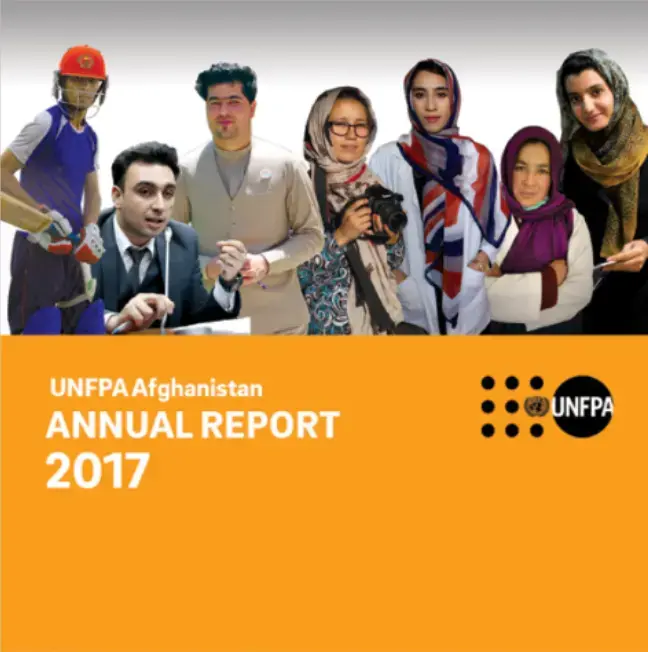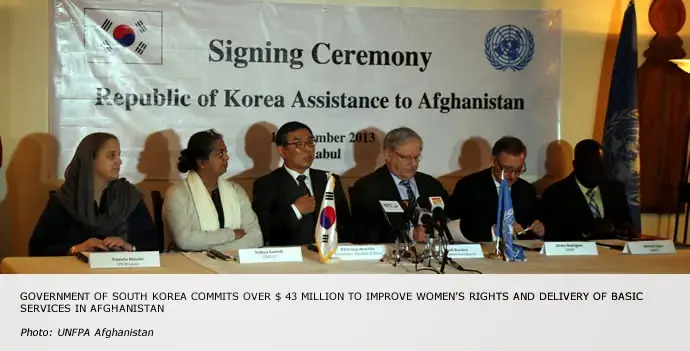Last year, 2017, was a year of successes and challenges for the United Nations Population Fund in Afghanistan. Despite the challenging security environment, we and our partners in government and civil society have strived and continued with our commitment to reach the furthest behind and the most vulnerable and marginalized populations, in our attempt to leave no one behind.
We are proud that our flagship reproductive health programme of family health houses led by midwives has continued to provide essential lifesaving maternal and family planning health services to thousands of Afghan women in the most remote areas of the country. Our dedicated staff at the UNFPA office and our implementing partners have trained police, legal and health workers to provide services and change lives of thousands of survivors of gender-based violence.
Addressing the pervasively high maternal mortality and gender-based violence require continuous political as well as financial support. There is renewed strong commitment from the Government of the Islamic Republic of Afghanistan to address these issues as priorities.
The Afghan youth parliament has provided a functional platform for the youth to highlight their issues and voice them in the presence of the country leadership. The participation of various ministries during youth parliamentary sessions has helped generate dialogue with the youth and put their agenda at the highest level of government.
This annual report is presenting the results achieved through the work of UNFPA and partners, both in government and non-governmental organizations, with financial support from various donors. The contribution of all the partners has enabled us to save lives of Afghan women and girls and improve their wellbeing. The most remote communities have been reached with emergency reproductive health services, gender-based violence prevention and response, as well as enhancing young people’s health and development.
These achievements would not have been possible without the hard work and dedication of all the partners and support of our donors. We are also most grateful to the tireless work of our implementing partners and service providers who work in the most remote areas with severe weather and security conditions.
Dr. Bannet Ndyanabangi
Representative, UNFPA Afghanistan




